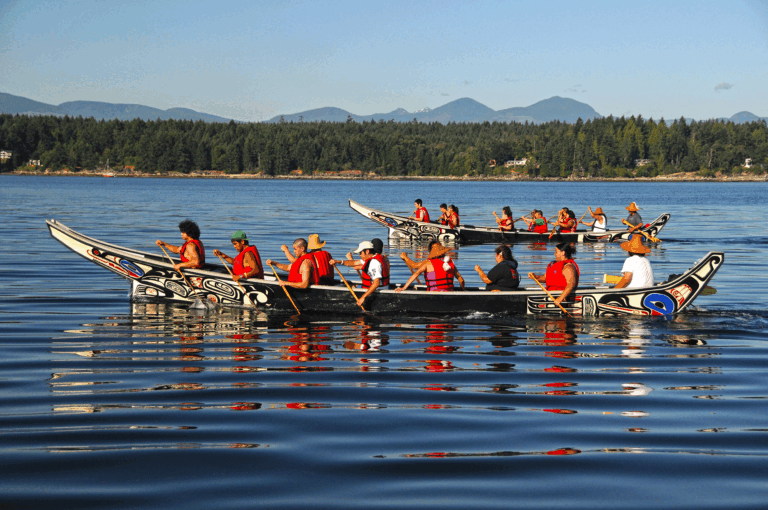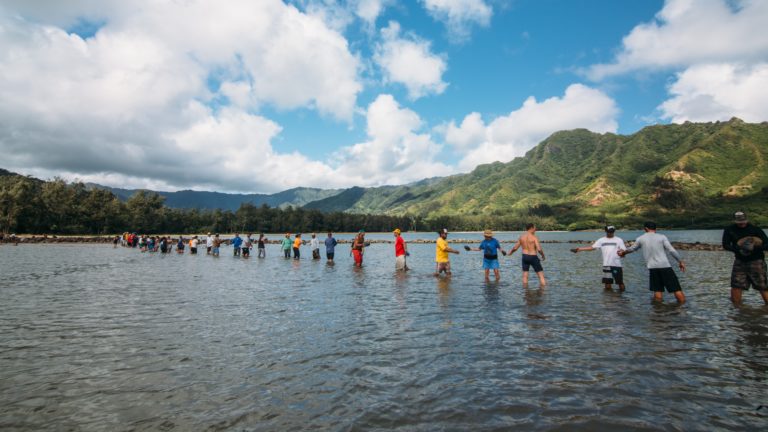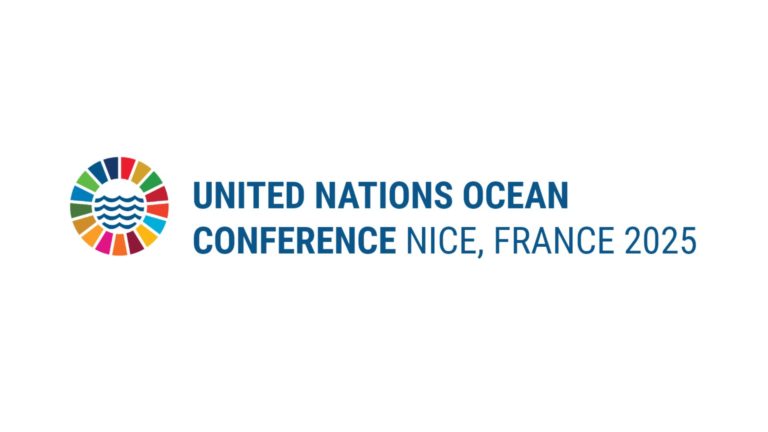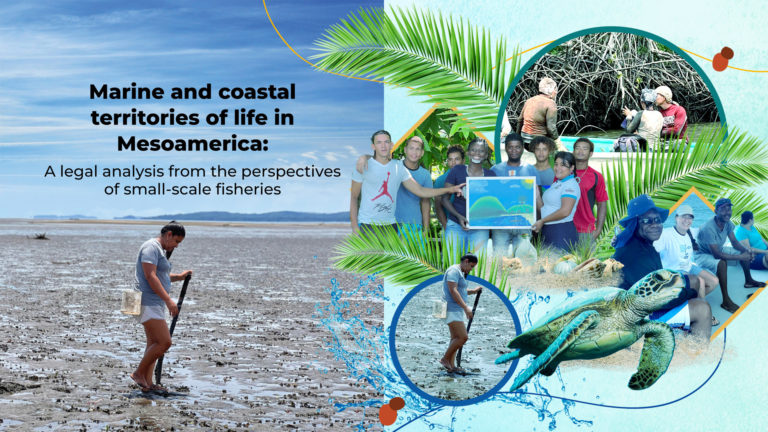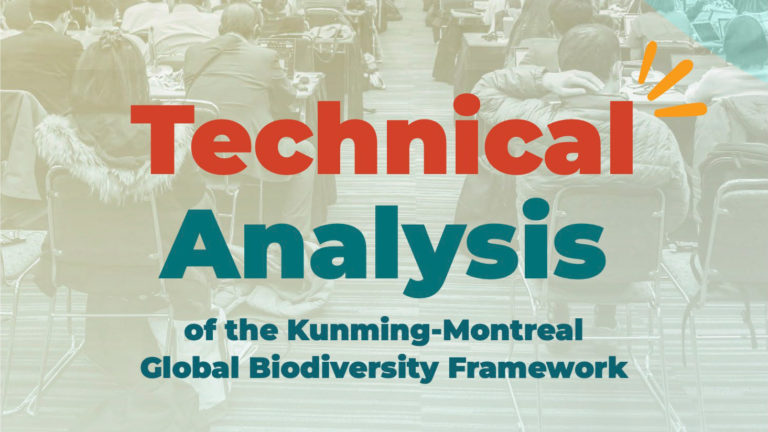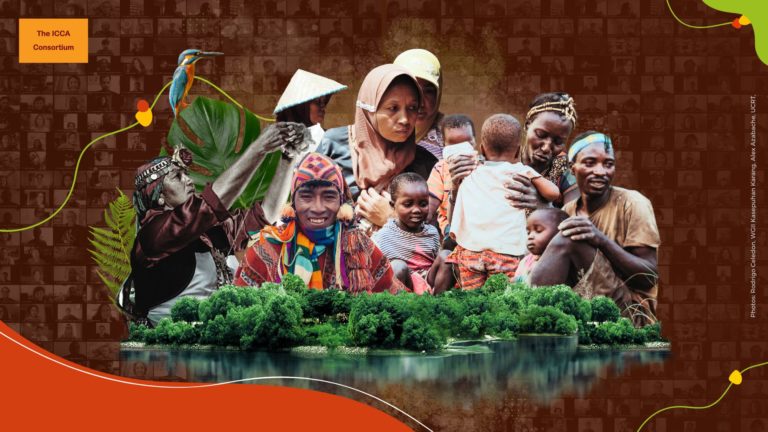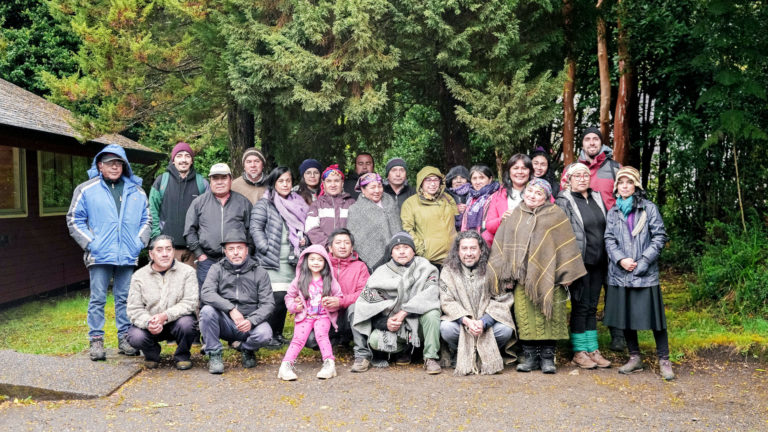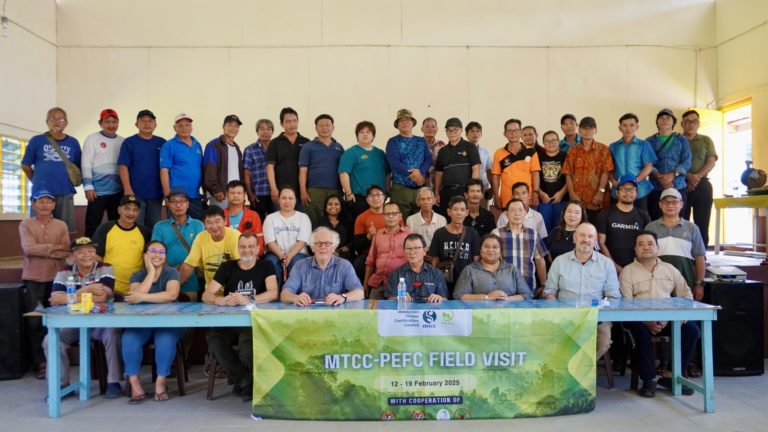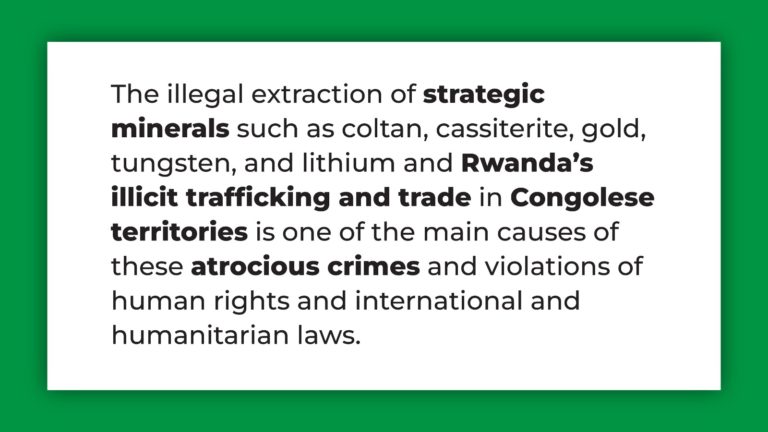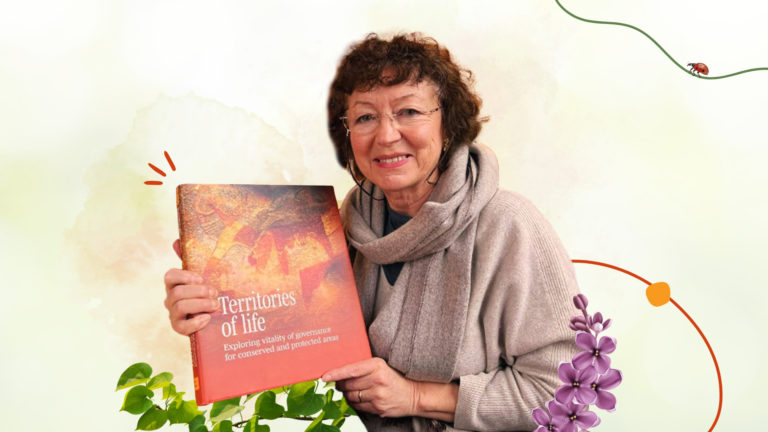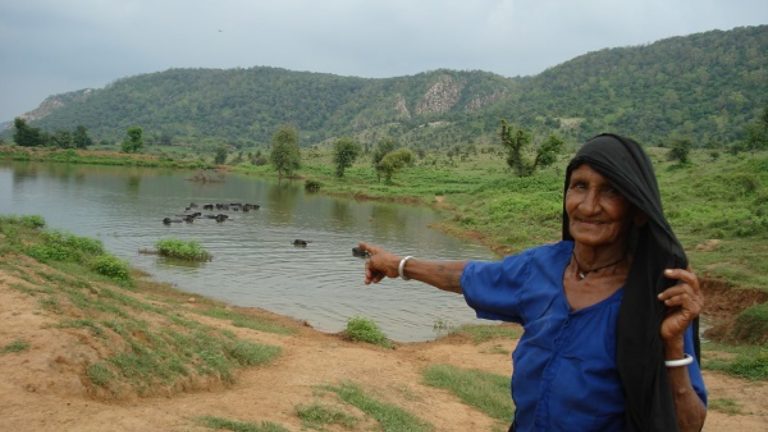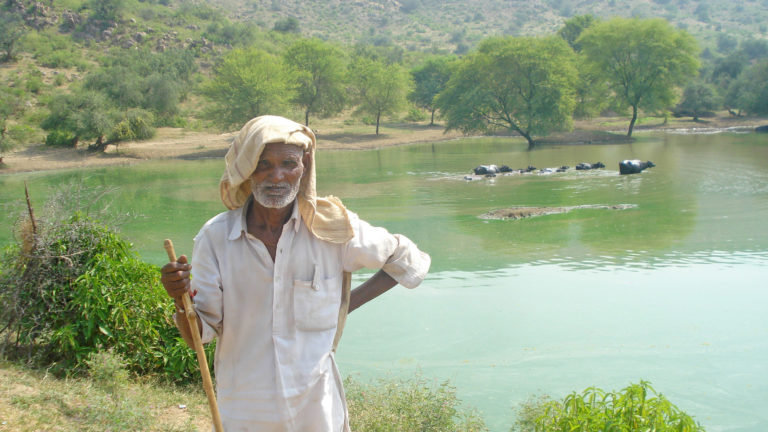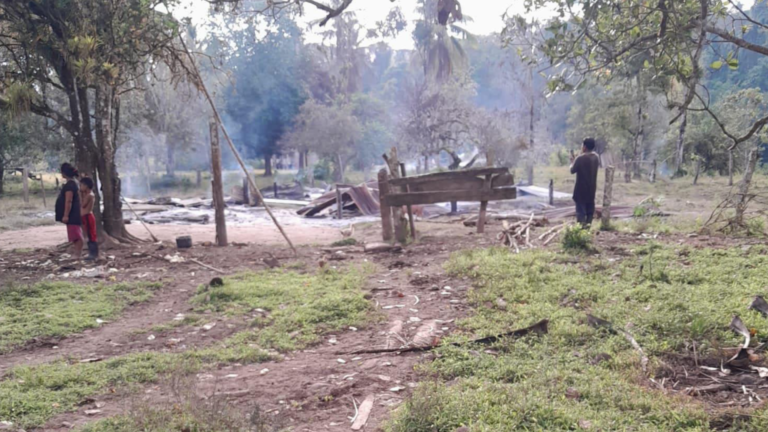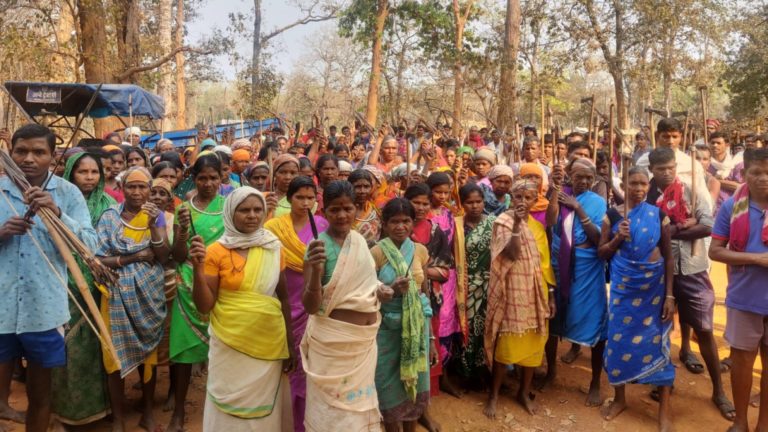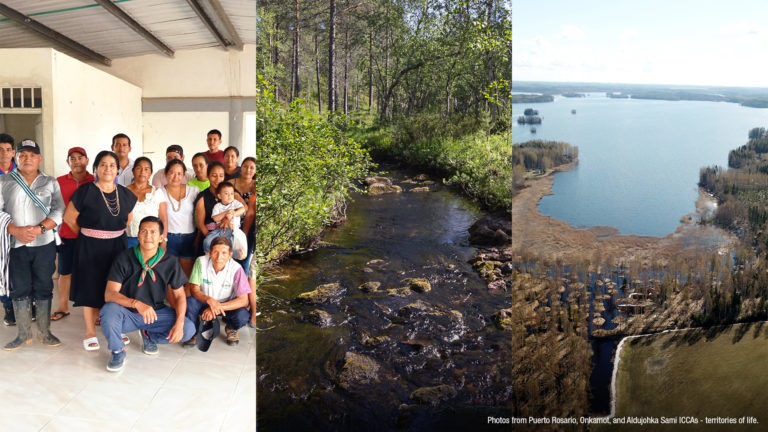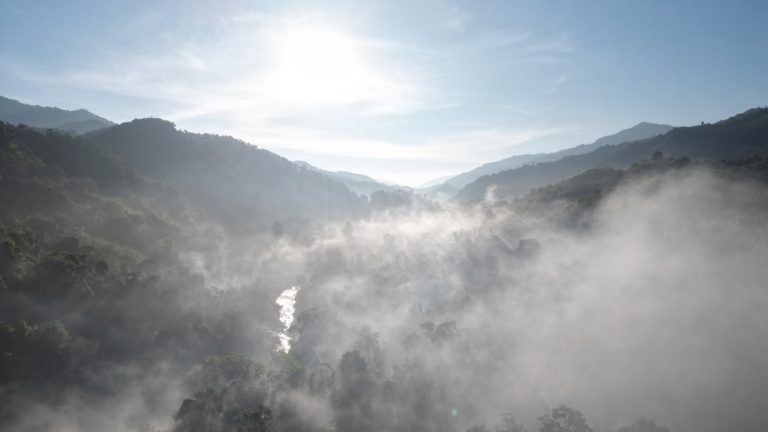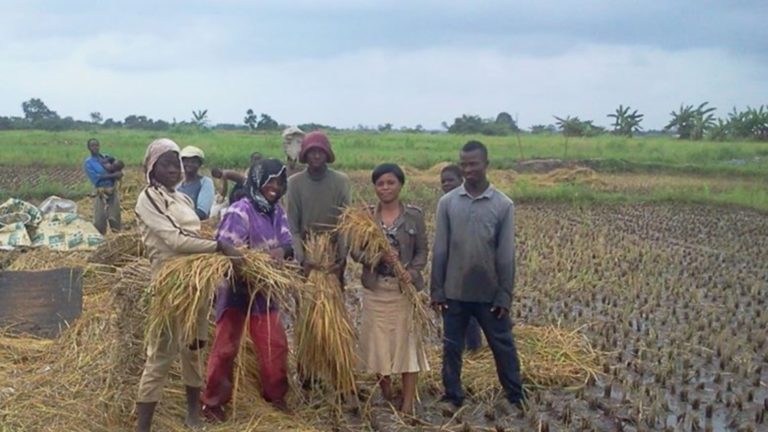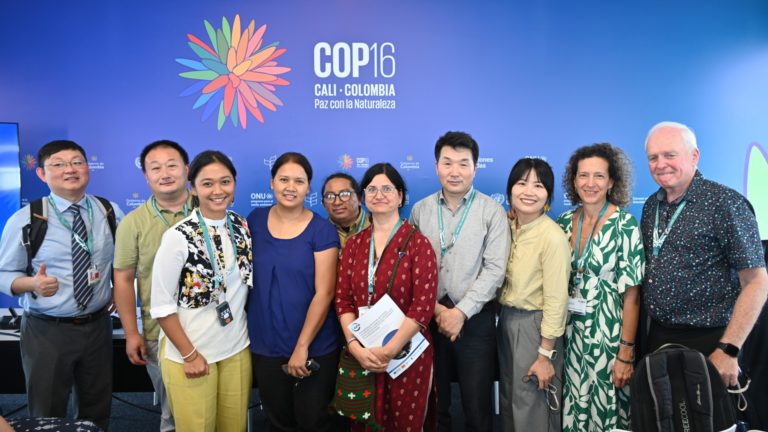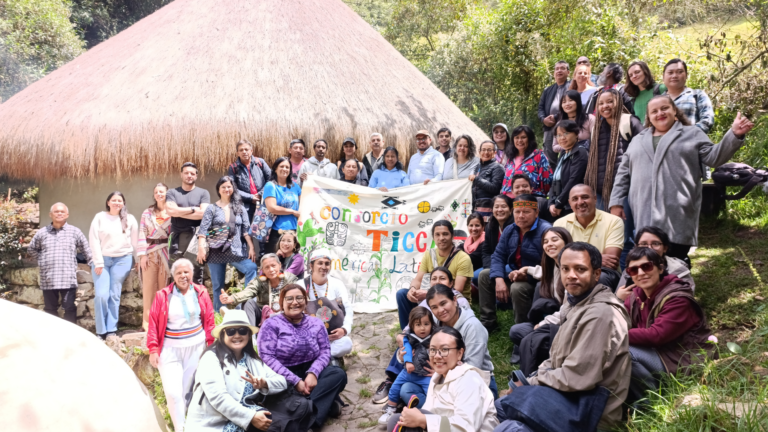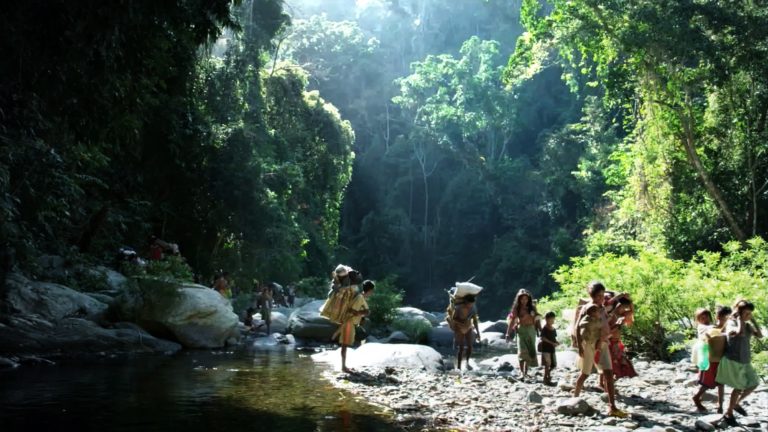A new study led by Dr. Álvaro Fernández-Llamazares (Honorary member, ICCA Consortium) highlights the dangerous social and ecological consequences of the destruction and suppression of the knowledge systems of Indigenous Peoples and local communities. Joji Cariño of the Forest Peoples’ Programme (ICCA Consortium Member), Pua’ala Pascua, and Mehana Blaich Vaughan (Honorary members of ICCA Consortium) are among Indigenous leaders and scientists sounding the alarm to humanity.
Their paper, published in the 40th Anniversary Issue of the Journal of Ethnobiology, draws on the knowledge of thirty Indigenous and non-Indigenous co-authors and highlights fifteen strategic actions to support Indigenous Peoples’ and local communities’ efforts in sustaining their knowledge systems and relationship to their territories and lands. The co-authors include ten members of Indigenous Peoples and local communities (Arawak Taíno, Coast Salish, Chippewa, Native Hawaiian, Ibaloi, Māori, Tsimshian, Saami, and a traditional Hungarian herder) from around the world.
The article is part of the “Scientists’ Warning to Humanity” series, which highlights threats to humanity caused by climate change, biodiversity loss, and other global changes.
Fifteen Recommendations
Study first author, Dr. Álvaro Fernández-Llamazares, says, “we argued that Indigenous and local knowledge systems are inherently adaptive and remarkably resilient. But their foundations have been and continue to be compromised by colonial settlement, land dispossession, and resource extraction.”
The article highlights fifteen strategic actions to support the efforts of Indigenous Peoples and local communities in sustaining their knowledge systems and ties to lands and waters. Dr. Álvaro said that enacting these recommendations will entail a transformative and sustained shift across sectors in how Indigenous and local knowledge systems, knowledge holders, and their multiple expressions in lands and waters are recognized, affirmed, and valued.
READ MORE: Territories of Life: 2021 Report
“We worked hard to find a balance between discussing the threats to Indigenous and local knowledge and highlighting how Indigenous Peoples and local communities are taking action to turn around these threats. Around the world, Indigenous Peoples and local communities are celebrating, protecting, and revitalizing their knowledge systems and practices. As scientists, policymakers, and global citizens, we need to support these efforts in our professional activities, in the policies of our governmental agencies, and our personal choices,” says Dr. Dana Lepofsky, a co-lead author of the study.
“Our warning is ultimately an invitation to the global community to add their voices to the concerns raised in this warning and advocate for protecting Indigenous Peoples’ and local communities’ rights, lifeways, territories, and knowledge systems across scales,” concludes Dr. Álvaro Fernández-Llamazares.
Reference
Álvaro Fernández-Llamazares, Dana Lepofsky, Ken Lertzman, Chelsey Geralda Armstrong, Eduardo S. Brondizio, Michael C. Gavin, Phil O’B. Lyver, George P. Nicholas, Pua’ala Pascua, Nicholas J. Reo, Victoria Reyes-García, Nancy J. Turner, Johanna Yletyinen, E. N. Anderson, William Balée, Joji Cariño, Dominique M. David-Chavez, Christopher P. Dunn, Stephen C. Garnett, Spencer Greening (La’goot), Shain Jackson (Niniwum Selapem), Harriet Kuhnlein, Zsolt Molnár, Guillaume Odonne, Gunn-Britt Retter, William J. Ripple, László Sáfián, Abolfazl Sharifian Bahraman, Miquel Torrents-Ticó, and Mehana Blaich Vaughan. 2021. Scientists’ Warning to Humanity on Threats to Indigenous and Local Knowledge Systems. Journal of Ethnobiology 41(2): 144-171. DOI: 10.2993/0278-0771-41.2.144
Contact
Álvaro Fernández-Llamazares
alvaro.fernandez-llamazares [at] helsinki.fi
